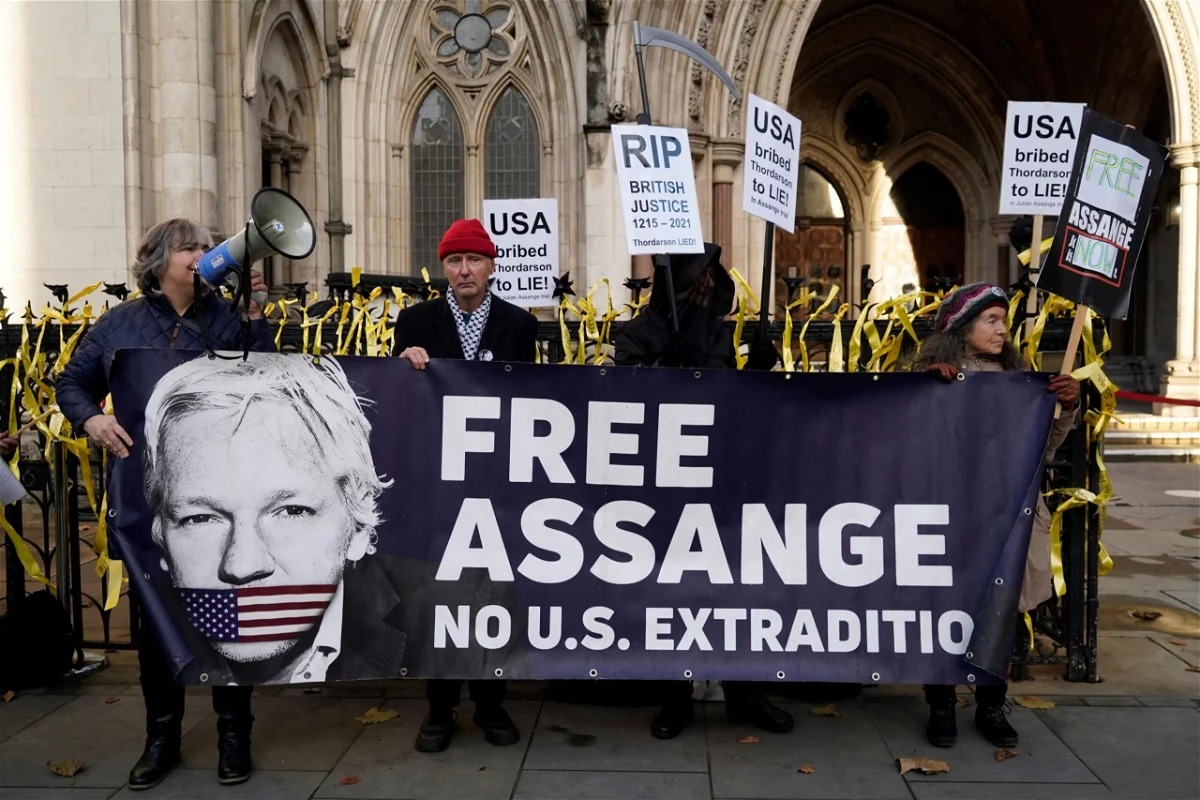Julian Assange’s case has indeed sparked intense debate regarding freedom of the press, government transparency, and the treatment of whistleblowers.
Assange’s legal team has argued that the extradition request from the US is politically motivated, and many observers have raised concerns about the implications for press freedom if he were to be extradited and prosecuted for his role in publishing classified information.
The case of Chelsea Manning, who leaked classified documents to WikiLeaks, also highlights the challenges faced by whistleblowers who expose government wrongdoing.

Assange Last Stand (Credits: NewsClick)
Manning’s initial sentence of 35 years was widely criticized as disproportionate, and her subsequent imprisonment for refusing to testify against Assange drew further criticism.
Critics of the US government‘s actions argue that they are designed to intimidate whistleblowers and journalists and discourage them from exposing misconduct.
They also point out the lack of prosecutions of individuals implicated in the documents leaked by WikiLeaks, raising questions about accountability for alleged war crimes. The case has broader implications for freedom of expression and the ability of journalists to hold governments accountable.
Many advocates argue that Assange should be protected as a publisher under the principles of press freedom, while others contend that his actions crossed a line into criminal behavior. The outcome of his case will likely have significant implications for the future of journalism and whistleblowing.























